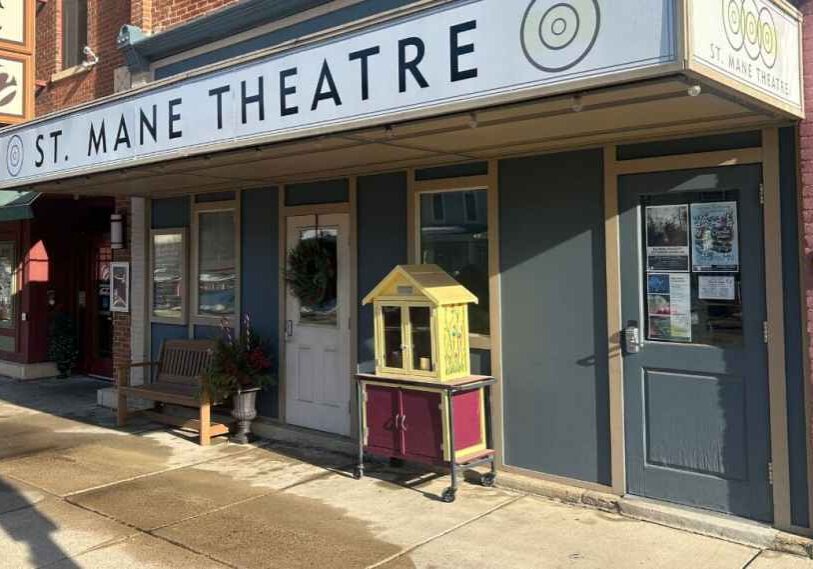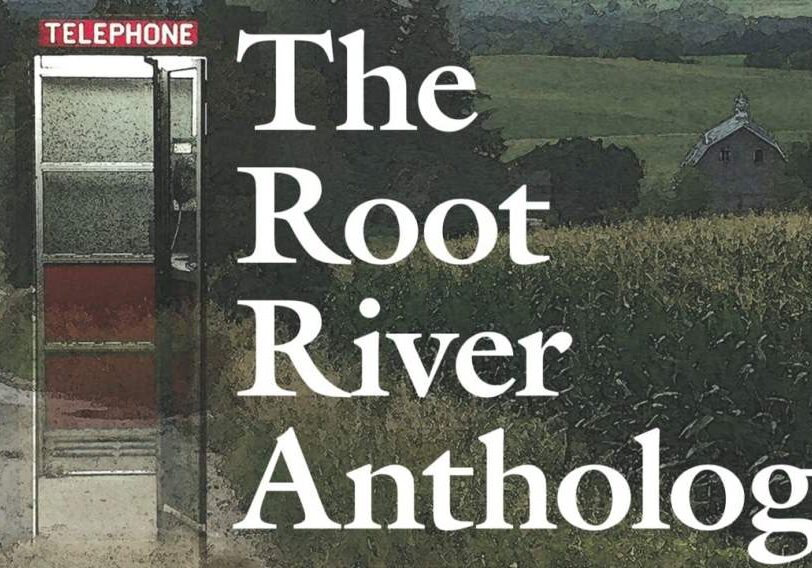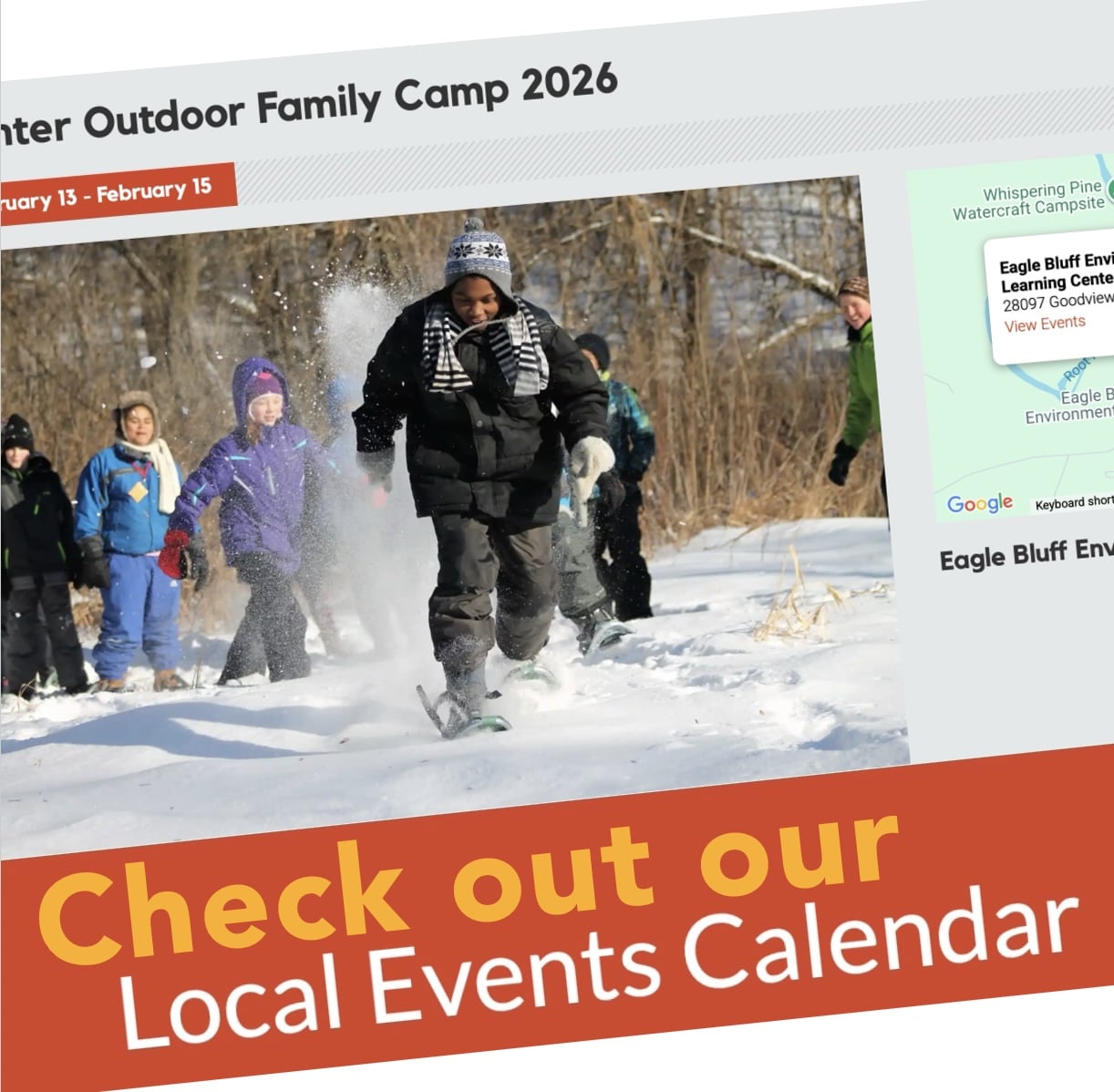Essay | The Cows are Out!
A familiar call on the farm brings out the whole family

AMHERST TOWNSHIP, FILLMORE COUNTY— From the back door I hollered into the house, “a cow is out, come quick!”
My wife, Jenica, did not grow up on a farm but she’s adapted enough to country life by now to understand the critical significance of that pronouncement and that it’s her cue to drop everything (or jump out of bed), and come to the aid fast, no questions asked.
Thankfully, it isn’t a phrase I have to holler very often, but we recently exercised our emergency cattle wrangling skills as I was about to leave for work.
I started the car and out of the corner of my eye saw our white Great Pyrenees farm dog trot across the farmyard. The gait of the trot was different enough that I did the double take to realize it wasn’t the dog, it was one of our white calves born a couple of months ago!
My first instinct is always to investigate immediately to see how many are on the loose and how they got out – however, I’ve learned restraint and now head for backup first.
Even if it was only one animal on the loose, two herdsmen are better than one. When Jenica and I could finally survey the scene, it became clear the calf was the only animal at large, and our task was going to be made easier by its instinct to get back to mom.
Jenica kept it from moving in the wrong direction while I opened the gates. With a little bit of strategic herding, we had it back in the pasture next to mom without breaking a sweat.

Newborn Scottish Highland calf forced to pose for photo with Schieber family. (Photo by Greg Schieber)
That one was easy. Not all of them are.
The first two cows we hosted got loose with their calves and it became clear they didn’t want to be here in the first place. They were wild when we brought them home and even a few months of nurturing couldn’t completely change their demeanor.
Nevertheless, I blame my wife’s donkey. The cows were doing fine until I reluctantly brought home a miniature jack donkey as a surprise gift to my wife after months of “subtle” hints. After his first night on the farm, we woke up to an empty pasture.
We had the opportunity to meet many of our new neighbors as we set about tracking the four animals throughout the Big Woods. Few landowners maintain good fences anymore. The bovines had open range. After days of effort and the aid of some extended family, we retrieved them all.
The final calf at large was tackled by my uncle. As the calf maintained a full-speed sprint, my uncle saddled up beside it on his four-wheeler, jumped off the machine, and wrestled the calf to the ground. It was the featured event of a rodeo I hope to never host again.
One night I was going to bed only to see an odd shadow in the moonlit yard. I looked out to find our herd bull lying under the apricot tree. A bucket of grain pulled him back into the pasture. I never figured out how that one slipped loose leaving me to conclude it must have jumped the fence for reasons still unknown.
When that same bull was brought to the farm and introduced to the ladies, we made a critical error in judgment by opening the trailer door and just turning him loose with the herd. He was a little too eager to meet his new friends.
They took off around the shed with him hot on their heels. Once one cow jumped the fence, just like cattle do, they all decided to follow. The gentleman who delivered the bull was a good sport and helped us with the frustrating work of getting the animals all back where they belonged.
The bull earned his own pen for a few days until everyone adjusted. That lesson stuck.
We bought a new bull this summer and were able to introduce him to the herd without problem by starting him off in his own confined space for a few days.

This 1936 barn is the centerpiece of the Schieber family farm; in its day it once served more than 20 milk cows. For more smiles, read Schieber’s essay Little Barn in the Big Woods published by Root River Current. (Photo by Greg Schieber)
We had a near miss this past winter. My wife came home from work to find the farmyard gates wide open. I got distracted after feeding a bale of hay and parking the tractor and didn’t return to close them.
Thankfully we noticed before the hungry cows who were too busy enjoying the fresh forage.
I have a few childhood memories of chasing cattle. Those moments are undoubtedly how I heard my first swear words as a kid.
Every farmer with cattle has similar, if not more exciting or frustrating stories. In my most defeated moments I’ve been consoled by hearing plenty of them from friends and family. Gate latches fail, fences deteriorate, animals get spooked, or most frustrating of all: sometimes we simply forget to close the gate!
© Greg Schieber, 2025

Root River Current’s coverage of literary arts is made possible, in part, by the voters of Minnesota through a grant from the Southeastern Minnesota Arts Council thanks to a legislative appropriation from the arts & cultural heritage fund.







